What Is Surgical Oncology? Meaning, Scope, and Patient Care Explained
Surgical oncology uses surgery to diagnose, stage, and treat cancer, aiming to remove tumors safely and restore function. For many solid tumors, surgery is the main way to achieve a cure. Your team creates a treatment plan tailored to your specific tumor type, stage, location, and health goals, ensuring the approach is both gentle and thorough. Imaging, biopsy, and staging help decide if surgery should happen first or after other treatments. The main focus is always on controlling cancer, maintaining quality of life, and making recovery as clear and manageable as possible.
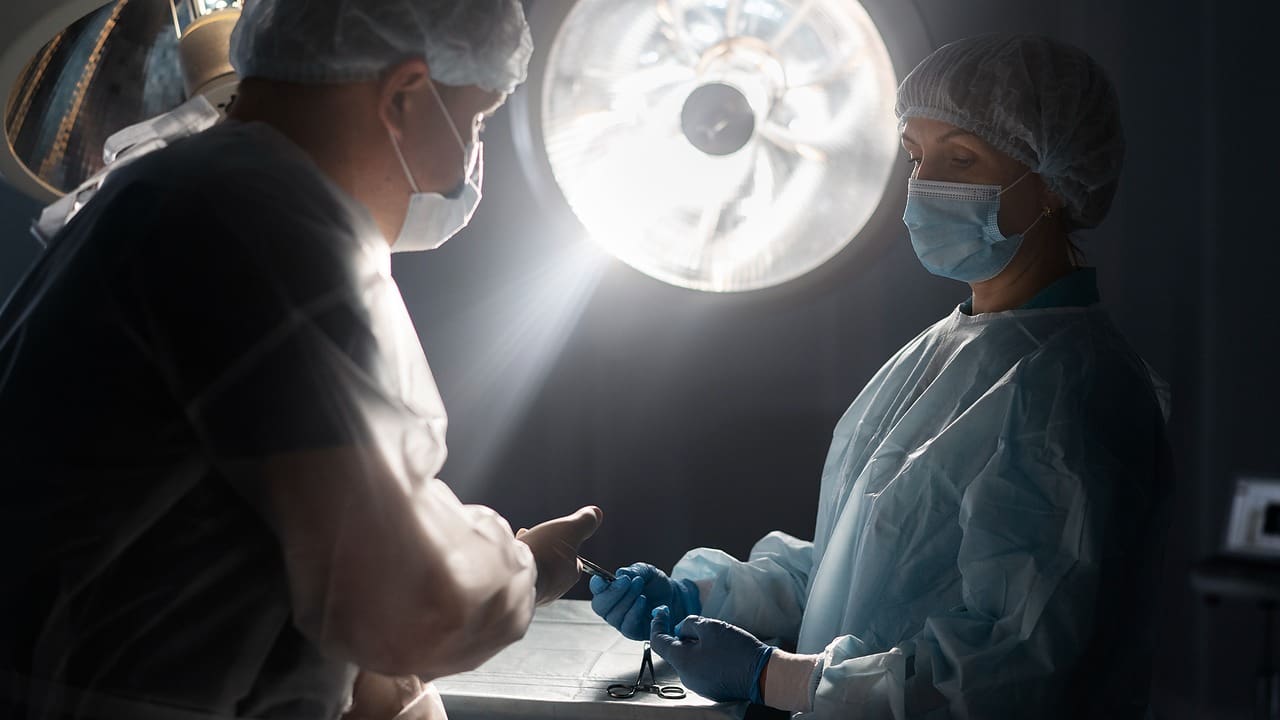
Surgical oncologists work closely with medical and radiation oncologists to determine the optimal timing of treatments. Some patients have therapy before surgery to shrink the tumor, while others may need therapy afterward to lower the risk of cancer coming back. Modern techniques, such as minimally invasive surgery, careful lymph node checks, and organ sparing procedures, help reduce pain, shorten hospital stays, and help you get back to daily life sooner. The main goal is to remove the cancer while protecting healthy tissue.
What Is Complex General Surgical Oncology? Types of Cancer Surgery and Recovery
Complex general surgical oncology involves advanced operations for cancers of the stomach, liver, pancreas, bile ducts, colon, and rectum. These surgeries require detailed imaging and preoperative planning to map out the safest route for complete tumor removal.
Examples include pancreatic resections, liver segmentectomy, gastrectomy, and combined organ procedures when tumors touch nearby structures. When indicated, cytoreductive strategies may be used in carefully selected cases to reduce tumor burden.
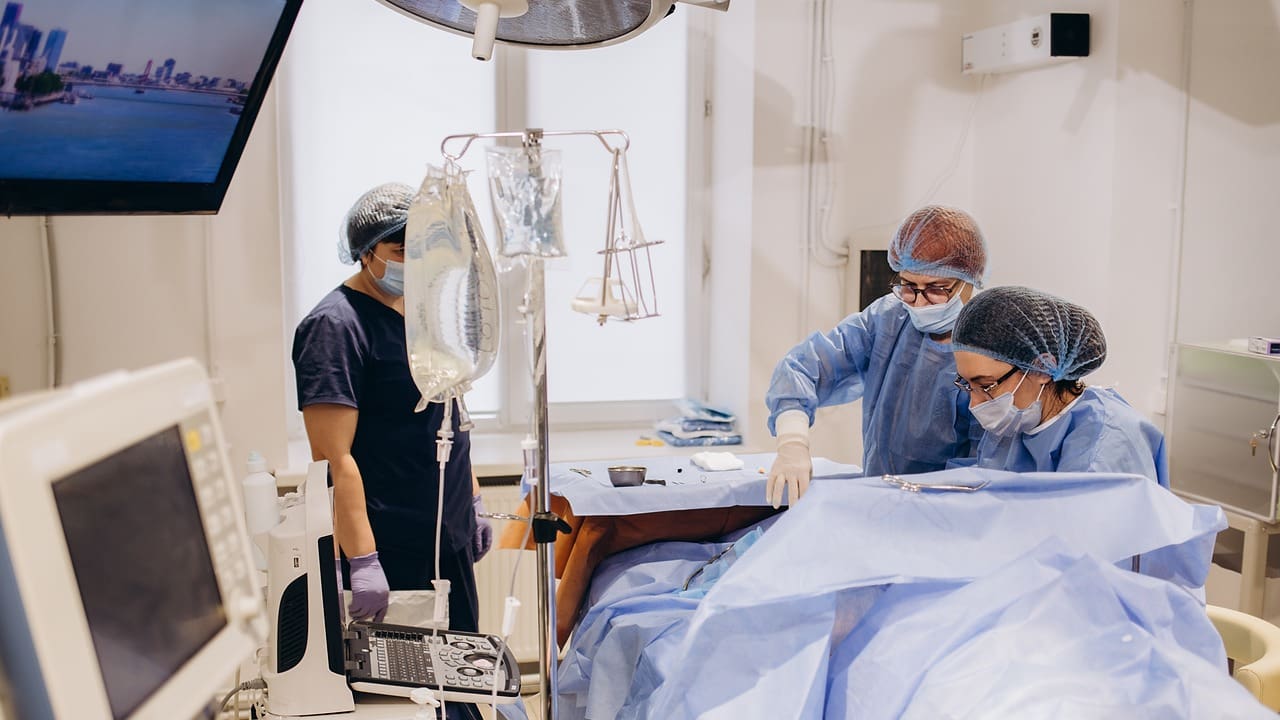
Recovery is better now because of enhanced recovery after surgery (ERAS) programs. These plans focus on controlling pain in several ways, such as starting to eat and walk early, and doing breathing exercises to lower the risk of problems like blood clots and pneumonia. You will get clear instructions on wound care, managing drains (if you have them), and advancing your diet. Follow up visits will review your pathology results, such as tumor size, margins, and lymph nodes, and help determine what comes next. Careful surgery and well organized recovery plans help you heal safely and achieve better long term results.
What Is the Difference Between Medical Oncology and Surgical Oncology?
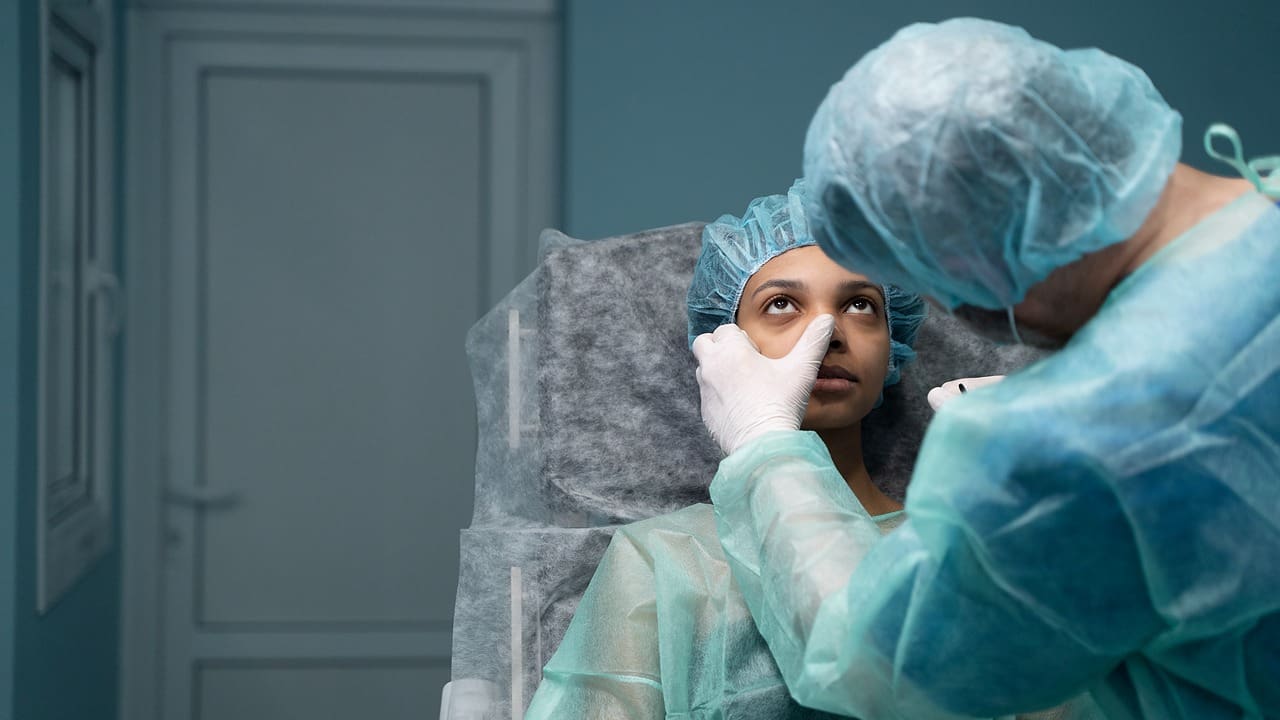
Surgical oncology focuses on removing tumors and affected lymph nodes to treat cancer in a specific area. Medical oncology uses medications like chemotherapy, targeted therapy, hormone therapy, and immunotherapy to treat cancer throughout the body. Many patients have both surgery to remove the main tumor and medication to target any remaining cancer cells. Whether treatment happens before or after surgery depends on the type of tumor, its stage, and the patient’s overall health. Combining these treatments helps lower the risk of cancer coming back and aims to keep side effects under control.
What Is Breast Surgical Oncology? Procedures, Recovery, and Follow Up
Breast surgical oncology includes procedures such as lumpectomy (breast-conserving surgery), mastectomy, and sentinel lymph node biopsy. For some people, a lumpectomy with radiation offers strong cancer control and keeps the breast’s appearance. Mastectomy may be suggested depending on the tumor’s size, location, genetics, or your preference.

Oncoplastic techniques can reshape the breast during tumor removal to improve both cancer control and appearance. Reconstruction, either with implants or your own tissue, can be done right away or later, depending on your treatment plan.
After surgery, you will receive clear instructions on moving your arm, caring for drains (if you have them), and ways to prevent lymphedema. Pain control focuses on keeping you comfortable with as few side effects as possible, so you can start moving sooner. Your pathology results will indicate whether you need further treatment. Follow up visits will include wound checks, imaging, and advice to help you stay healthy in the long term.
What Is Pediatric Surgical Oncology? Family Centered Cancer Surgery Care
Pediatric surgical oncology cares for infants, children, and teens with solid tumors. The care is family centered, using anesthesia and pain control suited for children, and clear communication with parents and caregivers.
Surgeons work with pediatric medical and radiation oncologists to determine the safest treatment sequence. When possible, minimally invasive surgery is used to reduce scarring and help children recover faster, while still keeping treatment safe and effective.
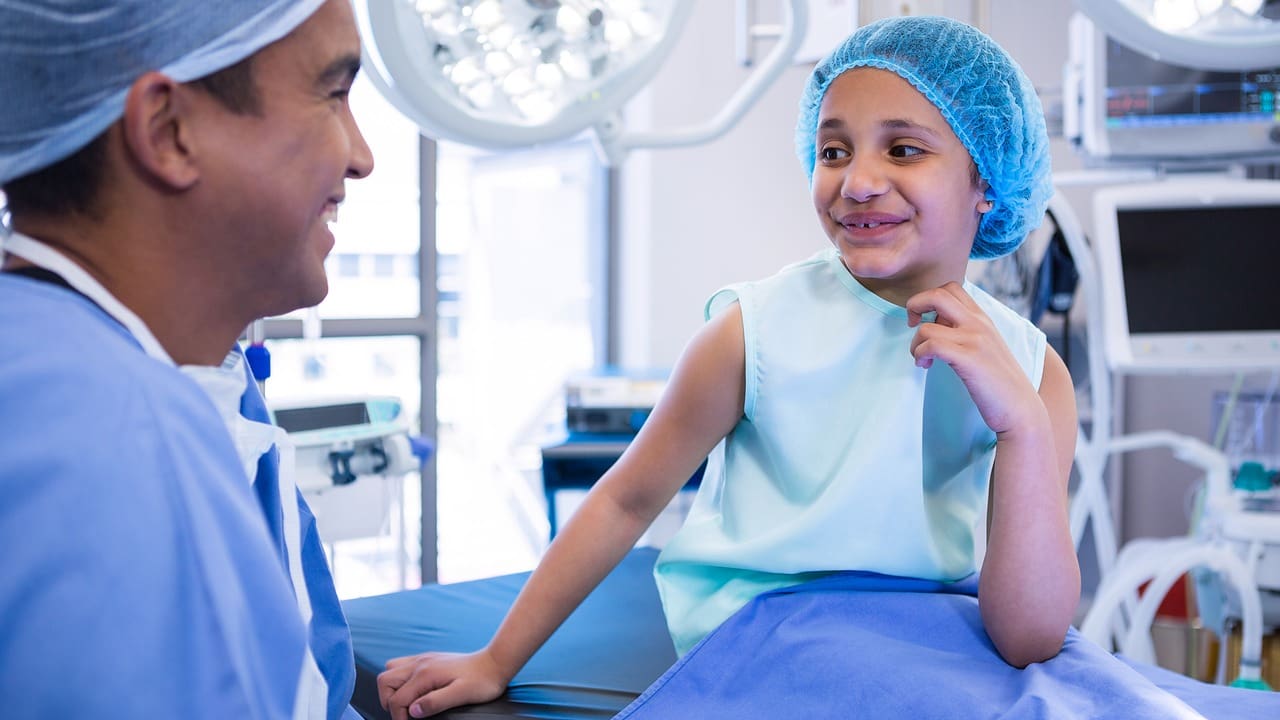
After surgery, children receive care from specialized nurses, nutrition support, and physical therapy tailored to their needs. Families get practical instructions on wound care, activity, and the signs to watch for that require quick attention. Regular follow up checks healing, function, and long term health, always making sure treatment supports the child’s growth and development.
What Is Orthopedic Surgical Oncology? Bone and Soft Tissue Tumor Surgery
Orthopedic surgical oncology treats bone and soft tissue tumors, such as sarcomas. The main goal is to remove the tumor completely with clear margins, while keeping as much limb function as possible.

Limb sparing surgery is often possible and may be combined with prosthetic, graft, or biological reconstruction to restore stability and movement. Detailed imaging helps surgeons remove the tumor precisely and protect nerves and blood vessels.
Recovery usually includes a structured physical therapy plan to help you regain strength and movement. Pain management is tailored to your needs, and regular imaging checks for cancer recurrence and to look at how the reconstruction is healing. Your team will explain when it’s safe to put weight on your limb, increase activity, and return to work or daily life.
What Is Thoracic Surgical Oncology? Lung, Esophageal, and Chest Tumor Surgery
Thoracic surgical oncology treats cancers in the chest. For early stage lung cancer, surgeons often use minimally invasive methods like video assisted thoracoscopic surgery (VATS) or robotic surgery, which remove tumors through small cuts and usually mean less pain and a quicker recovery. For esophageal cancer, care focuses on good nutrition before surgery, careful management of breathing and swallowing after surgery, and slowly advancing your diet with the team’s help.
Breathing exercises, getting up and moving early, and focused pain control help lower the risk of problems like pneumonia. Your follow up plan will include scheduled scans and symptom checks. If your pathology results show a higher risk of cancer coming back, your team will talk with you about additional treatments.
What Is Non Surgical Oncology vs. Surgical Oncology? When Surgery Is (and Isn’t) Needed
Non surgical oncology includes treatments like radiation therapy and medications that can control or shrink tumors without surgery. For some cancers, these treatments are the main option; for others, they are used along with surgery. The choice depends on the tumor type, stage, and location, as well as your overall health. Sometimes, therapy is given before surgery to shrink the tumor, and other times it is given after surgery to lower the risk of cancer coming back. Your care team will explain the reasons, benefits, and risks so you can make informed decisions.
What Is a Surgical Oncology Unit? What to Expect During Your Hospital Stay
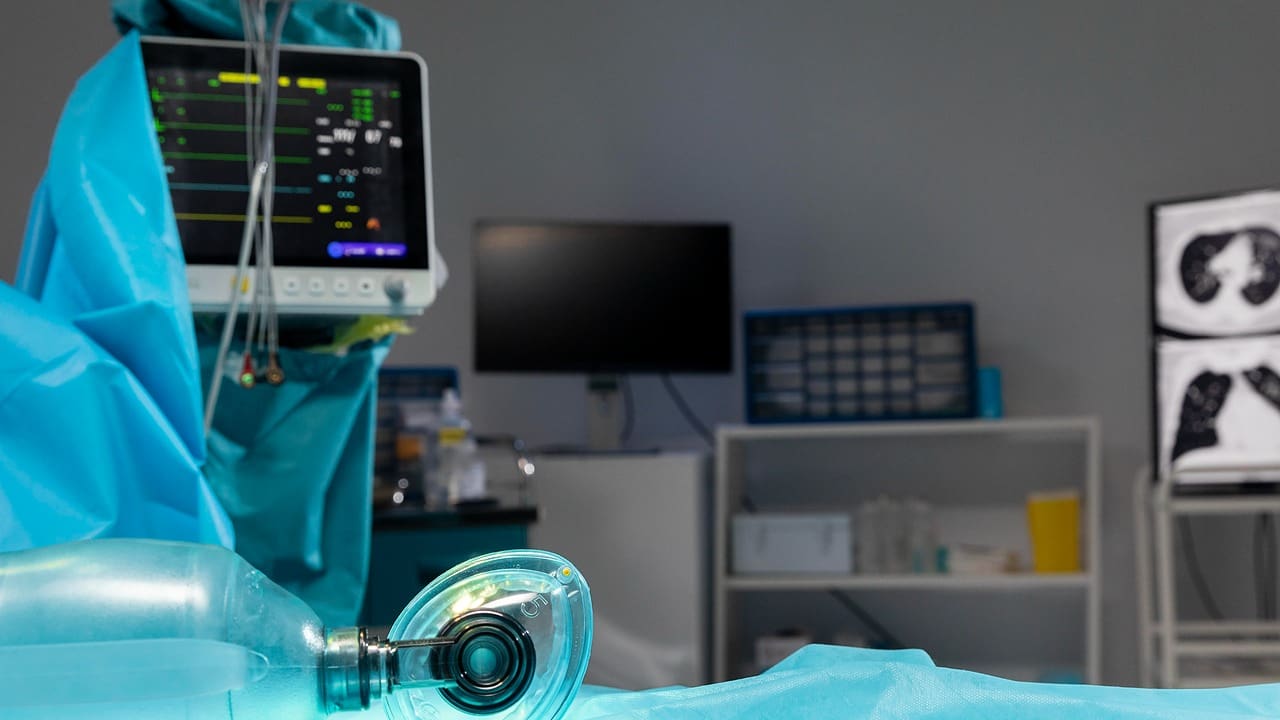
A surgical oncology unit is designed for people recovering from cancer surgery. The care team encourages early walking, close monitoring, and nutrition plans made just for you.
Each day, you’ll have a plan that covers breathing exercises, pain control, diet changes, and steps toward going home safely. Before you leave, your team will go over how to care for dressings, manage drains if you have them, take your medicines, and schedule follow up visits. Clear instructions and round the clock contact options help make your move home easier.
Preparing for Surgery: Practical Steps You Can Take
Getting ready for surgery helps you recover better. Focus on getting enough sleep, staying hydrated, and eating meals with plenty of protein. Gentle activity, such as short walks, helps your body prepare.
If you smoke, quitting now lowers your risk of infection and helps wounds heal. Arrange for help at home for the first few days, set up a rest area with essentials within easy reach, and gather supplies like gauze and a thermometer.
Bring a current list of your medications and ask which ones to stop before surgery. These simple steps can lower your risk of problems and help you feel more prepared.
What Recovery Looks Like: Pain, Activity, and Nutrition
You can expect steady progress with your care team’s guidance. Pain is usually managed with regular non opioid medicines, and stronger painkillers are used only if needed for a short time. Gentle walking is started early to protect your lungs and blood flow, and physical therapy may be recommended after some surgeries. Nutrition focuses on small, frequent meals with plenty of protein, along with enough fluids and fiber to support digestion. Your team will give you clear timelines for when you can lift, drive, and return to your usual activities, with milestones to track your progress.
Pathology Results and Next Steps
Your pathology report helps guide your post surgery care. It tells you the tumor size, whether the tumor was fully removed (margins), lymph node status, and other details that help estimate the risk of cancer coming back. Your surgeon will explain these results in simple terms and discuss whether you need further treatment. Some people only need regular check ups, while others may need medication or radiation to lower the risk of recurrence. Your follow up plan will be tailored to your needs and based on the latest evidence.
Reducing the Risk of Recurrence
Your lifestyle choices are important. Slowly increase your physical activity as your team suggests, eat more plant based foods with lean proteins and healthy fats, and try to keep a healthy weight. Make sure you get enough sleep, manage stress in ways that work for you, and limit alcohol. Stay up to date with recommended vaccines and go to all your follow up appointments. If you notice new or worsening symptoms, such as fever, unexplained weight loss, increased pain, trouble breathing, or changes at your incision, contact your care team right away.
Common Concerns and Practical Reassurance
Many people worry about anesthesia, pain, scars, drains, or short term changes in bowel or bladder function. Your care team will talk with you about these concerns ahead of time, explain how they will be managed, and let you know how long they might last. Drains are usually removed within a few days, and scars often fade over several months. Your team can offer tips on scar care to improve comfort and appearance. Emotional health matters too. Support groups, counseling, and mindfulness can all help make recovery easier.
Coordination of Care: Your Multidisciplinary Team

A team of specialists works together to coordinate your care. This team includes surgeons, medical and radiation oncologists, anesthesiologists, radiologists, pathologists, nurses, dietitians, and rehabilitation experts. They meet regularly to discuss your case, making sure your treatment is based on the latest evidence and your personal goals. Working together helps make better decisions, speeds up treatment, and supports a safer recovery.
Follow Up and Long Term Health
Recovery goes on even after your incision has healed. Follow up visits check your healing, how well you’re functioning, and your overall health. Imaging and blood tests are performed regularly to detect any changes early. Survivorship care includes managing symptoms and learning healthy habits to help you stay strong. Over time, you’ll need fewer visits, but keeping up with your schedule helps protect your progress and gives you peace of mind.
When to Call Your Team Urgently ?
Call your care team right away if you have a fever, more redness or swelling at your incision, pain that you can’t control, chest pain, trouble breathing, swelling in one leg, ongoing vomiting, or sudden confusion. Getting checked quickly helps keep you safe and stops small problems from becoming bigger ones.
A Patient Centered Promise
Surgical oncology is more than just surgery. It’s a complete care plan focused on you. With today’s techniques, careful preparation, and ongoing follow up, many people return to the activities they enjoy and look forward to the future with renewed confidence.
For more information about our academic and training initiatives, visit Liv Hospital Academy .
Frequently Asked Questions for Surgical Oncology
What are the warning signs after surgery that need urgent attention?
Fever, worsening redness or swelling at the incision, uncontrolled pain, chest pain, shortness of breath, one sided leg swelling, persistent vomiting, or confusion.
What is a surgical oncology unit?
A specialized hospital unit for recovery after cancer surgery, staffed by teams experienced in pain control, early mobility, nutrition, and discharge planning.
What is non surgical oncology, and when might it be used instead of surgery?
Non-surgical options include medication therapies and radiation. They’re used when surgery isn’t needed, isn’t safe, or is best combined with other treatments.
What is orthopedic surgical oncology?
It focuses on bone and soft tissue tumors, aiming for clear margins and limb preservation, with reconstruction to restore stability and function when needed.
What is thoracic surgical oncology?
It treats chest cancers, including lung and esophageal tumors, frequently using minimally invasive approaches for less pain and quicker recovery.
What is breast surgical oncology?
This subspecialty treats breast cancer with procedures like lumpectomy, mastectomy, and sentinel node biopsy, often using oncoplastic techniques for optimal results.
What is complex general surgical oncology?
It involves advanced operations on organs such as the liver, pancreas, stomach, bile ducts, colon, and rectum, using detailed planning to remove tumors safely.
What is the difference between surgical oncology and radiation oncology?
Surgery removes the tumor; radiation uses targeted energy to damage cancer cells, often before or after surgery to improve control and reduce recurrence risk.
What is the difference between medical oncology and surgical oncology?
Surgical oncology removes tumors locally; medical oncology treats cancer with systemic medications. Many patients benefit from a coordinated plan that includes both.
What is surgical oncology?
Surgical oncology is the field that uses surgery to diagnose, stage, and treat cancer, aiming to remove tumors safely while preserving function and quality of life.